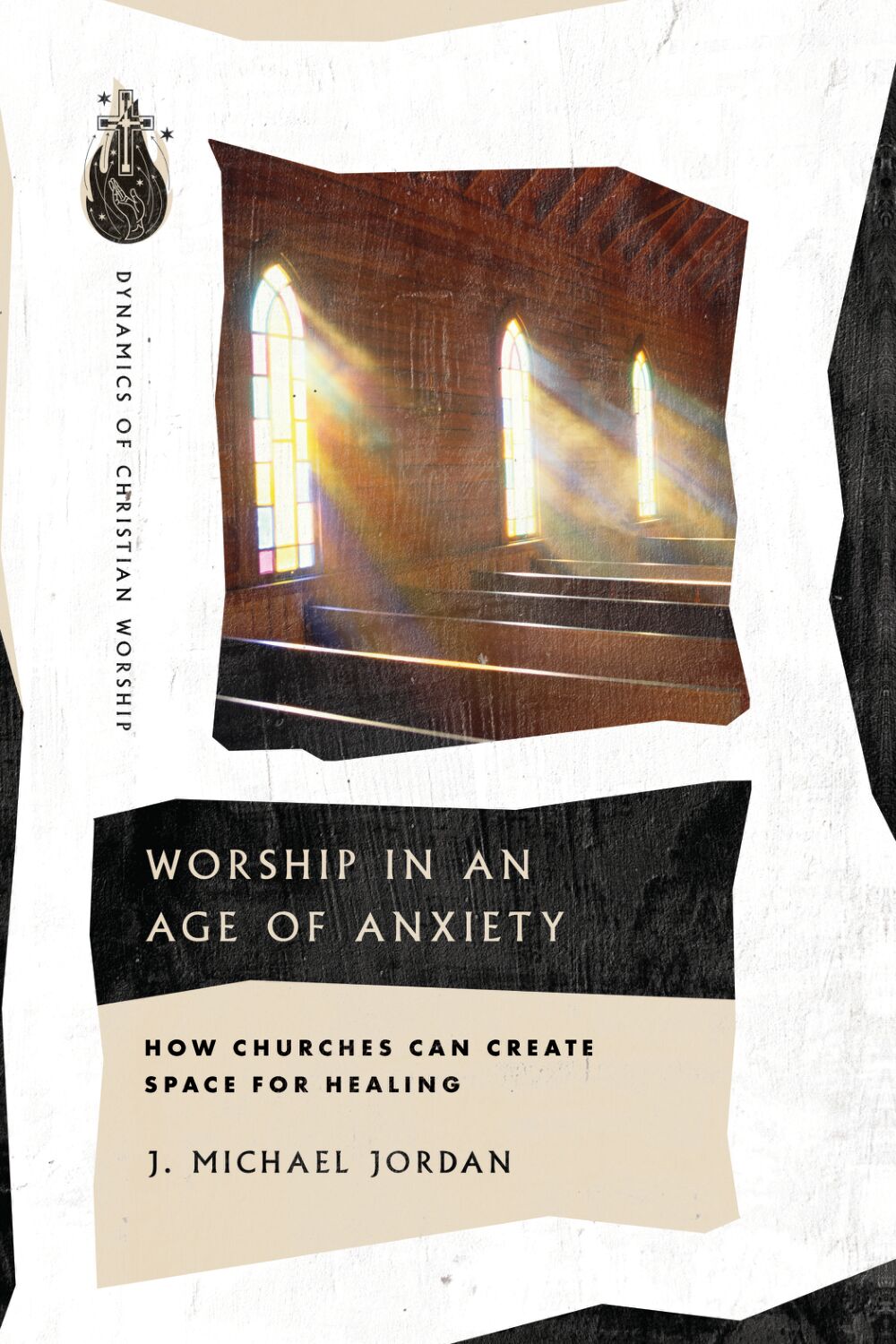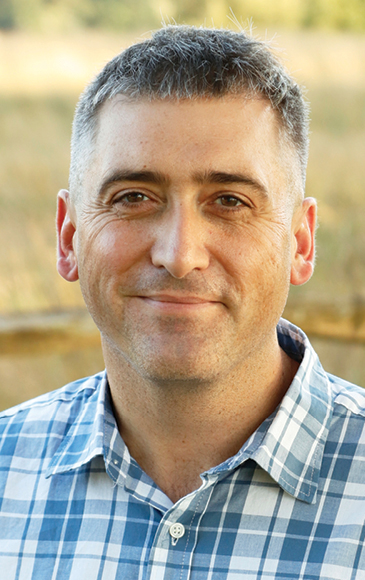A Conversation on Anxiety and Worship with J. Michael Jordan
Too often in the history of Christian worship, evangelical leaders have sought to manipulate anxiety to spur repentance. J. Michael Jordan, author of Worship in an Age of Anxiety, challenges this utilitarian approach, offering a practical theology of worship within a healing framework. In this interview, Jordan explores how rather than manipulating anxiety, the church can be a space for healing worship for the next generation.
What inspired you to explore the intersection of worship and mental health? How has your experience as a minister shaped your approach to these topics?
J. Michael Jordan: Ever since I was very young, worship was fraught with a lot of emotions. When we were warned each month before receiving communion that receiving it improperly could damage us spiritually, I took all of that to heart. I spent hours worrying that I had committed some unforgivable sin. I also had trouble with altar calls, at feeling pressure to respond in the moment—I believed that a failure to respond to an altar call disappointed God.
Yet I also felt wonderfully at home in church: I felt safe, seen, and loved. My parents gave me a tremendous gift by raising me in this small, loving church that gave me a grammar for knowing Jesus and sorting right from wrong.
I'm in my twelfth year of campus ministry now, and I have seen the ways that young people now talk about their anxiety in radically different ways than I might have. Many young people today often process their anxiety through a clinical lens totally separate from their spiritual lives. Yet they too have an emotional approach to worship. It is different than what I experienced when I was younger, but an approach with plenty of implicit messages about who God is and what God expects from us. I wanted to explore this intersection of worship, anxiety, emotion, and our spiritual lives.
You characterize our age as an "age of anxiety." How have churches contributed to this anxiety?
JMJ: Churches contribute to anxiety through what I call the "anxiety-repentance-relief" cycle. An influential pattern to revival evangelism in the 19th and 20th centuries stressed that a life out of alignment with God would bring anxiety. Repentance was a way to bring your life into alignment with God's purposes and thus relieve stress. If anxiety tells us that something in us is sinful or not aligned with God, then when we feel anxious, we are encouraged to repent anxiety away. And if repentance doesn't relieve the anxiety, we feel stuck, or continue the cycle by finding something else to repent for.
You are critical of past instances where the church has manipulated anxiety to turn people toward God. But you also believe the church can approach anxiety through a "healing framework." If worship cannot "heal" our anxiety, could you tell us how churches can have a healthier relationship to anxiety in their worship practices?
JMJ: It's a matter of rethinking our theology of emotions.
Consider the example of music. So much contemporary worship music relies on intense emotionality. This music enacts an encounter with God that is passionate. Yet we know that such an encounter with God does not necessarily lead to a fruitful, mature Christian life. Students often tell me that they feel a gaping emptiness when a passionate encounter does not arise. Where is the room in our worship for broader emotional expression? Let's sing songs that don't imprison God within our own emotional experience of God.
I'm wondering if you could tell us who you are hoping this book will reach and what are you hoping they will take from it?
JMJ: I hope this book will reach pastors and practitioners who feel something is off in the current state of evangelical worship but don't know how to begin to talk about it. I hope that it spurs academics to think seriously about a culturally dominant form of worship. Broadly, I hope this book will speak to anybody interested in the relationship between Christian spirituality and mental health.
What's next for you? Anything we should watch for from you in the future?
JMJ: I have much appreciated the experience of writing this book and connecting with IVP authors and staff. Without being overly autobiographical, I have often felt conflicted about my desire to write, because I am very committed to local, accountable ministry. But my connection with the IVP community has helped me to discover "my people" in a way that transcends location. So yes, I imagine I will keep writing and deeply hope it is with IVP. I have several topics brewing, but nothing quite ready for a proposal.
Join IVP Academic's email list to get more content like this straight to your inbox!
About the Author
This interview originally appeared in the IVP Academic catalog. Sign up to receive the catalog to be the first to discover new academic books and author interviews.





